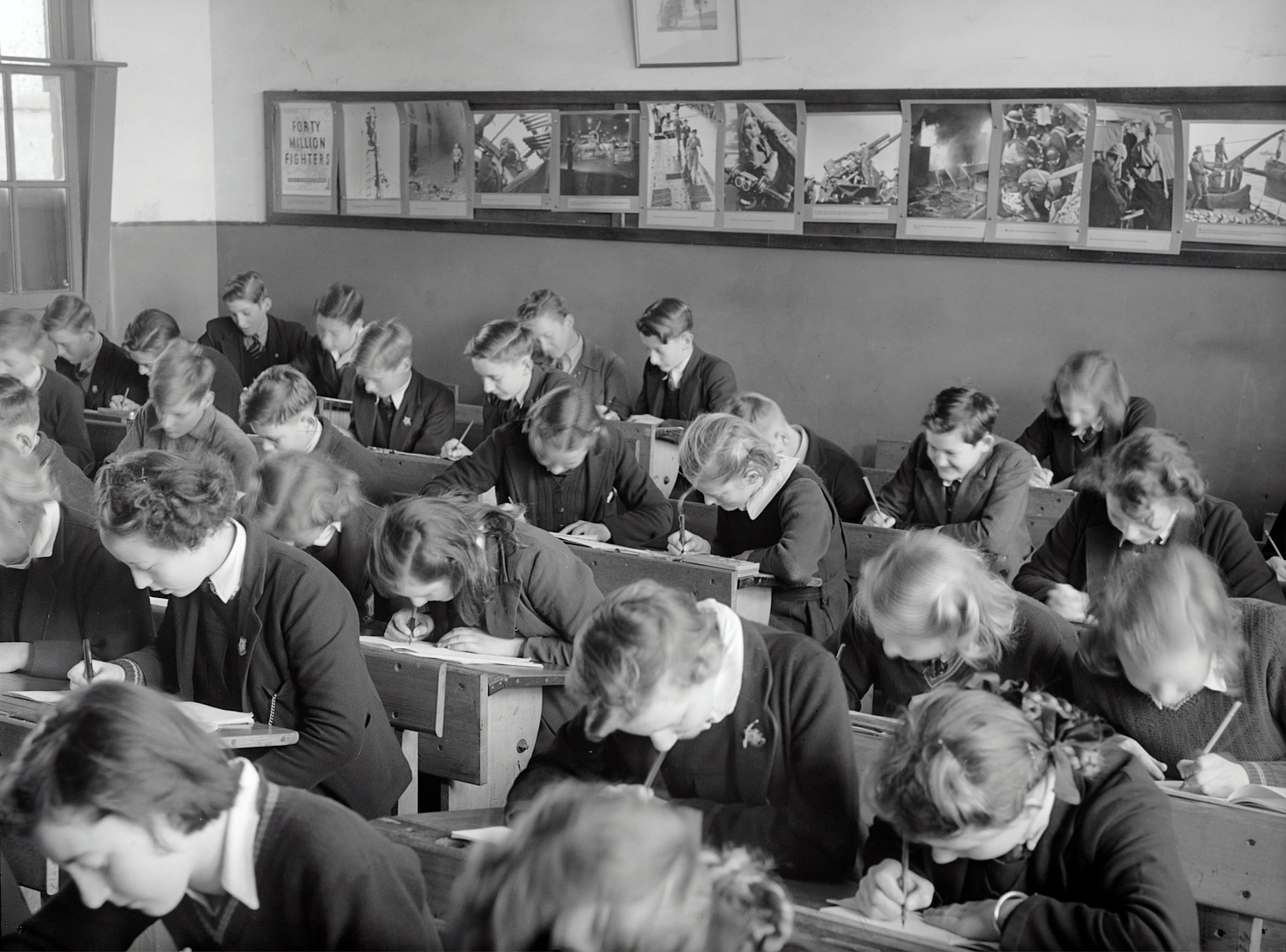
Comment editor Emma Gilland urges the Government to take responsibility for education.
Reflecting on the academic term, the stories of over 100 schools being forced to close just as the first weeks of term began has confused and angered parents and the public. It is thought to have shown arrogance and neglect on behalf of the government regarding its role in providing education to children. I think that the expectation that education can be so willingly shut down and disrupted highlights the misunderstanding of education and its role in engaging and stabilising children in societies and invigorating students.
The frustration coming from many parents is not directed at the schools themselves but is due to the constant disruption to their children, caused by the government’s repetitive neglect of education. To me, this demonstrates a sincere lack of understanding of the needs and logistics of the institution. With COVID-19, teacher strikes last year, and now the displacement of students from classrooms, there have been three years of student disruption. I think it is evident that the government has neglected its responsibility to provide a solid intellectual groundwork for children across the country, all while expecting parents and teachers to pick up the pieces.
There has been three years of educational disruption
Moreover, the lacklustre attitude of the government in regard to education, despite having prior knowledge of the recent structural flaws (especially around teacher’s pay and the RAAC infrastructural weaknesses), shows the apathy in government in regard to public service. Their irresponsibility is shown in the constant sense of crisis and panic which plagues their policy.
In 2018, a school in Gravesend collapsed due to the RAAC used to build public buildings in the 1960s-80’s. Since then the Department of Education has conducted research and produced reports to identify 1061 schools in need of rebuilding due to the ‘liability of collapse’ after in 2019 the SCSS (Standing Committee on Structural Safety) gave an alert on the issues and unpredictability of the use of RAAC. Therefore, I believe that many of the issues and disruptions caused to schools this summer could have been prevented if the government had acted on the known concerns and worked effectively with its own committee. The irony now is that the education secretary Gillian Keegan has committed to a ‘cautious and safe approach’, causing greater disruption and uncertainty, when really the damage should have been mitigated before. Furthermore, it is despite this warning of the infrastructural weaknesses of schools that Rishi Sunak slashed the school rebuilding budget from £765 million to £416 million, in 2019. Thus, it is the actions of the current government that have prevented a sustained effort by the DfE to rebuild schools over time and manage the educational disruption effectively.
The expectation that schools can move to online learning neglects the understanding of lesson planning, pupil engagement and socialisation of children within a school environment. The government’s failure is leading to a reliance on the overworking of teachers, expecting them to re-think engagement strategies and accommodate the students. There has developed a gulf in the care and responsibility of the government for the students and teachers of their society, leading to constant disruption to the educational institutions themselves.
This is likely to have an unfortunate knock-on effect, pushing the education system further into crisis, due to the pressure being put on an already tired workforce. I am left wondering – how many crises will it take for the government to take responsibility and make substantial and beneficial changes to the system?
3/4 of teachers feel undervalued, especially TAs, due to low pay
A survey conducted in May 2023 stated that ¾ of teachers feel undervalued, especially TAs, due to the low pay and demand for overtime hours. TAs are currently getting paid as little as £12,000 a year, and many are struggling to make ends meet causing a move to retail sector jobs. The government claims this is not to do with the fact that there has been a real term cut of 8% in education spending, but instead, it is due to the individual decisions of the school’s budgets and recruitment of teaching assistance. I think that this is showing a dangerous unaccountability of the government, separating the political class from the public services they are meant to be running.
Yet, the teaching strikes have shown that the government must be accountable to ensure education can progress – they have a responsibility to enhance the conditions for teaching and education which must be fulfilled. The government needs to reverse the decline in spending to reaffirm the value and stability of education. They need to demonstrate that they view education as something that is necessary and permanent, recognising the importance for children to develop their confidence, knowledge and culture.
We need expansive and creative minds to solve the complicated issues of the society around us, but it is difficult to see how this can be developed in an era of financial constraint and political weakness.
For more interest in the government’s policy:
We must overhaul our housing policy
Comments